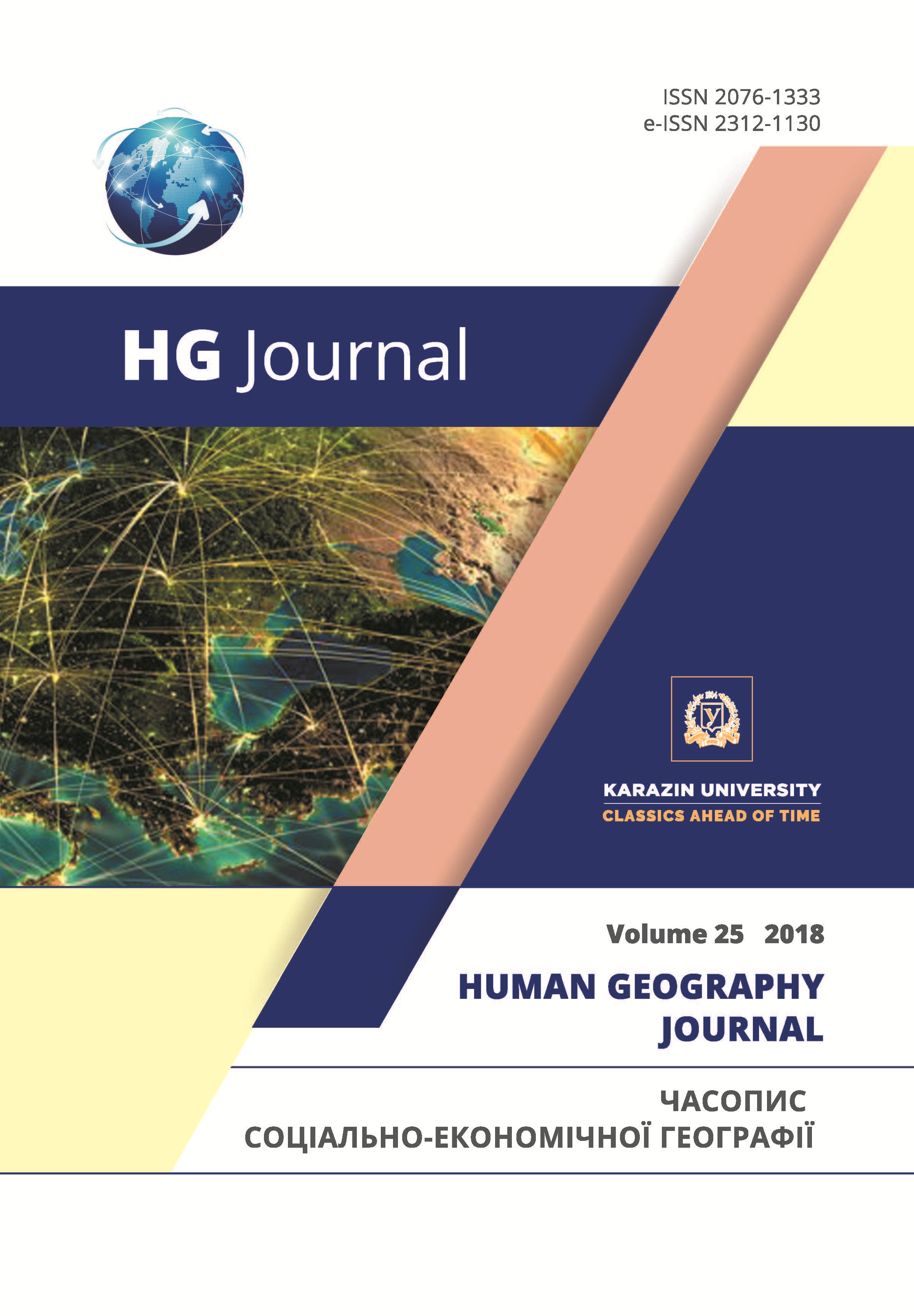Main concepts of sustainable development and mountainous regions (on the example of the Caucasus)
Abstract
Main concepts of sustainable development are focused on: The economic problems (sustainable development relies on and considers the rational use of exhaustible natural resources, development of resource-saving technologies, focus on inexhaustible and restorable resources, ecological production, minimization and reuse of waste); The social problems (sustainable development relies on and considers the stability of social and cultural systems, environmentally friendly and legally justified use of the national wealth, protection of cultural and historical values, publicity of decisions and maximum engagement of the society in the planning and management process); The ecological problems (sustainable development relies on and considers the integrity of ecological (biological, landscape) environment, maintenance of the viability and functioning mechanisms of ecosystems, improvement of stability and self-restoration mechanisms of the natural environment, due determination of the social-economic functions of the natural landscapes, ecology-oriented territorial (landscape) planning, landscape service and management, creation of the esthetic environment). All three concepts of sustainable development, despite the diversity of the considered issues, can be considered as components of a single system. They are interconnected and mutually determinative, and consequently, sustainable development, as a problem, is quite difficult to solve and is a long civic and scientific process, with more than one scientific branch related to it considering the objectives and opportunities of sustainable development at either branch, or component level.
Caucasia is one of the most important natural, ecological, geopolitical, religious, ethnic, transport, etc. crossroads of the world. The Caucasia plays one of the most important geopolitical roles in the modern world, particularly in the Near East and Western Asia. Its role is also essential in the economic relations; however, this role is diminished by the different developmental trends of the countries of the region. The problems of the sustainable development of the Caucasia can be solved only at the expense of the cooperation between the countries of the region.
Downloads
References
Elizbarashvili, N., Meesssen, H., etc. (2018). Sustainable Development of Mountain Regions. Tb., 304 [in Georgian, in English].
Elizbarashvili, N. (2016). Fundamentals of Applied Geography. Tb., 517 [in Georgian].
Caucasus Environmental Outlook (2002). UNEP, GRID-Tbilisi, 100.
Biological and Landscape Diversity of Georgia (2000). Proceedings of the First National Conference. Tbilisi, 312.
Kohler, T., Maselli, D., eds. (2009). Mountains and Climate Change: From Understanding to Action. Bern, Switzerland: Geographica Bernensia, Swiss Agency for Development and Cooperation (SDC). Retrieved from http://www.cde.unibe.ch/userfiles/Fullversion_low_Mountains_and%20_Climate_Change.pdf
United Nations Conference on Sustainable Development (2012). The Future We Want. UN Doc. A/RES/66/288. Retrieved from http://sustainabledevelopment. un.org/futurewewant.html.
Ariza, C., Maselli, D., Kohler, T. (2013). Mountains: Our Life, Our Future. Progress and Perspectives on Sustainable Mountain Development from Rio 1992 to Rio 2012 and Beyond. Bern, Switzerland: Swiss Agency for Development and Cooperation (SDC), Centre for Development and Environment (CDE).
Kohler, T., Elizbarashvili, N., Meladze, G., Svanadze, D., Meessen, H. (2017). The Demogeographic Crisis in Racha, Georgia: Depopulation in the Central Caucasus Mountains. Mountain Research and Development, 37, N4, 415-424.
World Wildlife Fund [WWF] (2006, 2018). An Ecoregional Conservation Plan for the Caucasus. Tbilisi. Retrieved from http://www.wwf.de/fileadmin/fm-wwf/Publikationen-PDF/Kaukasus_OEkoregionaler__Naturschutzplan__May06.pdf.
Sustainable Development Goals. Retrieved from http://www.un.org/sustainabledevelopment/sustainable-development-goals/
Geopolitical Atlas of Caucasus (2011). Tbilisi, «Bakur Sulakauri», 80.
Citations
Some geographical dimensions of Georgia’s sustainable development
Elizbarashvili Nodar, Gogoladze Sandro, Elizbarashvili Rusudan, Grigolia Lado & Sandodze Gela (2020) InterCarto. InterGIS
Crossref
Copyright (c) 2018 Elizbarashvili N., Sulkhanishvili N., Elizbarashvili R.

This work is licensed under a Creative Commons Attribution 4.0 International License.




